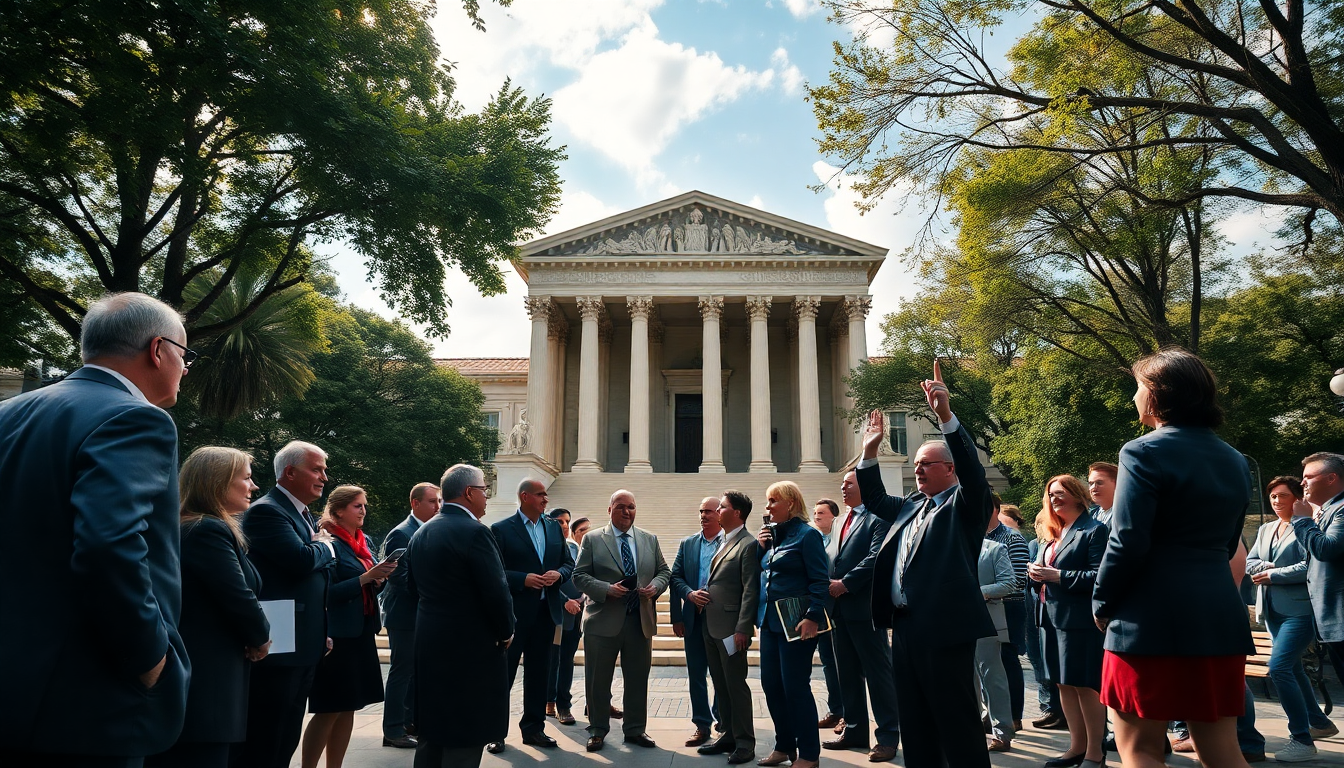Table of Contents
In a remarkable turn of events for those advocating against wrongful convictions, the case of Roy Allan Sobotiak shines a light on the crucial importance of staying charges within the justice system. After spending decades behind bars for a crime he didn’t commit, Sobotiak recently learned that his second-degree murder charge has been stayed.
This moment marks not just a personal victory for him but also sparks a vital conversation about judicial errors and the ongoing fight for justice.
Unpacking the Case: A Historical Perspective
Roy Allan Sobotiak was originally convicted for the 1987 murder of Susan Kaminsky, a crime he has maintained he did not commit.
His conviction led to a life sentence in 1991, casting a long shadow not only over his own life but also impacting everyone connected to the case. The story gained renewed attention when former federal justice minister Arif Virani stepped in, ordering a new trial after deeming it a likely miscarriage of justice.
Isn’t it encouraging to see increasing recognition of the shortcomings in our judicial system?
Following Virani’s intervention, Sobotiak was granted bail earlier this year, allowing for a deeper examination of the circumstances surrounding his conviction. The Crown Prosecution Service’s decision to stay the charges represents a significant shift in the legal landscape of his case.
This move not only acknowledges the possibility of wrongful conviction but also highlights the crucial need for a fair and just judicial process.
The Impact of Innocence Advocacy Groups
Organizations like Innocence Canada, dedicated to exonerating those wrongfully convicted, have been instrumental in supporting Sobotiak’s journey.
Their advocacy emphasizes the ongoing need to rectify judicial mistakes and shine a light on systemic issues that can lead to wrongful convictions. Lawyer James Lockyer expressed his joy at the stayed charges, noting that Sobotiak’s case could represent one of the longest durations a wrongly convicted individual has faced behind bars in Canadian history.
Can you imagine the emotional toll of such an experience?
The role of advocacy groups is vital in bringing to light cases that might otherwise slip under the radar. They provide not only legal assistance but also raise public awareness about the risks of wrongful convictions, sparking discussions on essential reforms needed within the justice system. Sobotiak’s experience serves as a poignant reminder: the path to justice is often long and fraught with obstacles, but the relentless efforts of these advocacy groups can truly make a difference.
Broader Implications for the Justice System
The decision to stay Sobotiak’s charges carries significant implications for the Canadian justice system as a whole. It underscores the urgent need for ongoing reforms aimed at preventing wrongful convictions and ensuring fairness in legal proceedings. The request for a judicial review by Alberta Justice, which claimed that no clear rationale was provided for a new trial, brings to the forefront questions about accountability and transparency within the judiciary. What reforms do you think are essential to avoid similar situations in the future?
As society becomes more aware of the potential for judicial errors, it’s crucial to face these challenges head-on. The legal framework must adapt to include safeguards that prevent wrongful convictions from happening in the first place. This could involve better training for law enforcement, enhanced access to legal representation for the accused, and a commitment to reevaluating cases when new evidence arises.
Reflecting on Roy Allan Sobotiak’s case, we find both a cautionary tale and a beacon of hope for those pushing for justice reform. The decision to stay charges is a significant step in the right direction, but it also serves as a reminder of the ongoing work needed to ensure that such injustices are not repeated. How can we, as a society, contribute to this important cause?





